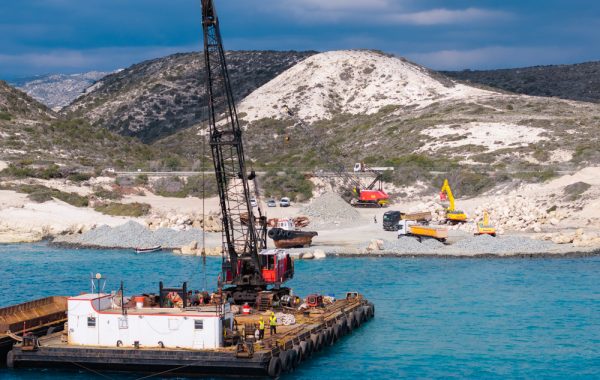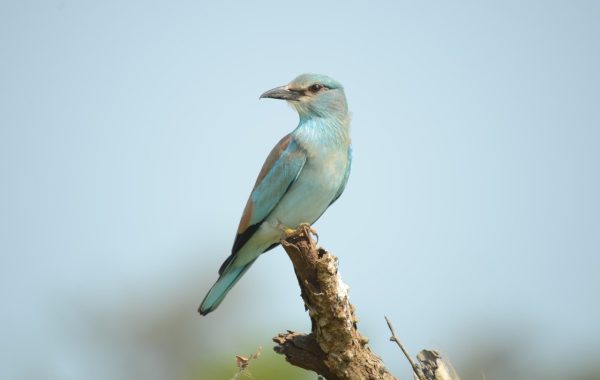A new report released by BirdLife Europe & Central Asia confirms that the EU will fail to hit its own deadline to reverse the decline of biodiversity, as outlined in its ‘EU Biodiversity Strategy to 2020’.
This assessment shows that there is a grotesque failure to change the fundamental policies that drive biodiversity destruction, namely in agriculture, fisheries, forestry, energy and financing.
Main findings of report:
- Little progress on actions that require financing, legislation, implementation or enforcement; that is, failure to achieve targets that required political will and commitment to the Strategy.
- Structural problems with biodiversity spending and broader financial reporting, in particular failure to earmark funding for Natura 2000.
- Major failures in wider implementation of EU environmental policy and in policy coherence of the strategy with other sectors, failure to address consumption patterns, failure to phase out environmentally harmful subsidies, and failure to green the Common Agricultural Policy and make space for nature.
The report confirms that environment at large, and biodiversity in particular, have been completely left out of the political priorities of the current Commission. Even from a national perspective, the situation has been even more dire. Member States and Council Ministers have systematically watered down any hint of ambition in the Commission proposals – clearly putting the interests of intensive farming, fishing, and car industry lobbies ahead of public interest.
Just last week, IPBES issued a report detailing the catastrophic and unprecedented decline of global biodiversity. Species extinction rates are ‘accelerating’ and as many as 1,000,000 species are now threatened with extinction, mainly due to an insufficient global response to stop this from happening. Agriculture, fisheries and energy policies have been pinpointed as the leading causes for ecological collapse. In the EU, vested interests have blocked the ‘transformative changes’ essential to restore and protect nature.
The new European Parliament, and the new EU Commission and the Commissioner for the Environment that will be appointed, as well as the Member-States themselves will determine whether the EU starts tackling the climate and biodiversity crises or goes into denial, continuing on the road that is taking us towards societal collapse. BirdLife Cyprus, the most active conservation organization in Cyprus, is committed to providing the new Cypriot MEPs all the support and expertise required on issues related to the protection of nature and biodiversity, both at a national and at a European level.




